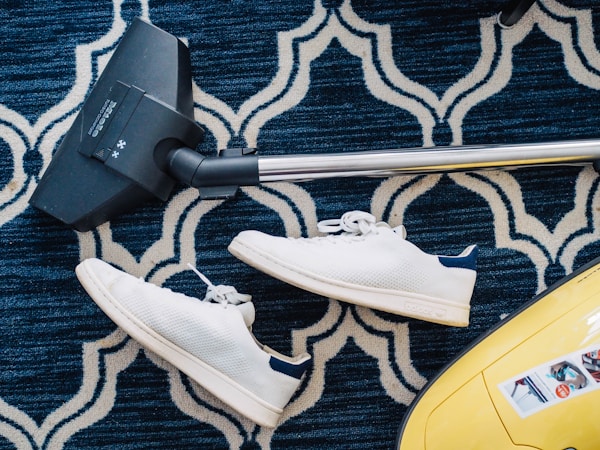If you’re like most people, you probably never really think about the carpet in your office. It’s there to protect your floor from dirt and debris and to provide a bit of comfort and cushioning underfoot. But what you may not realize is that the carpet in your office also plays a key role in your workplace’s overall cleanliness and hygiene. Just think about how often your employees walk in and out of the office, tracking in dirt, dust, and other contaminants on their shoes. How often do they eat or drink at their desks, leaving crumbs and spills behind? How often do they drop tissues, paper clips, or other small objects that can quickly become hidden traps for dirt and dust?
All of these things can add up quickly and can turn your office carpet into a breeding ground for bacteria and other harmful contaminants. Not only can this lead to a general decline in office hygiene, but it can also impact the overall look and tidiness of your business. Your commercial carpet needs to be taken care of properly so that your office looks and feels great. Let’s take a look at cleaning your office’s commercial carpets.
Clean carpets annually.

It is generally recommended that office carpets be cleaned every six months. However, depending on the type of business, its employees, and the amount of traffic the carpets experience on a daily basis, this timeframe may need to be adjusted. For example, a dental office with a lot of foot traffic may need to clean its carpets more often than a law office that sees few clients each day.
The best way to clean office carpets is to first vacuum them to remove any debris or dirt. After you have vacuumed the carpet, you can use a cleaner. There are many carpet cleaners on the market, so be sure to select one that is safe for your style of carpet. Always follow the manufacturer’s instructions, and be sure to test the cleaner in a hidden area to make sure it does not damage the carpet. If you are using a carpet cleaning machine, ensure that it is safe to use on your carpet or rug first.
If you don’t have to clean the carpet yourself, it is always suggested that you allow a professional cleaner to handle the job. There are many services that can come in after-hours and clean all of your carpets. These commercial carpet cleaners have the experience, advanced equipment, and cleaning solutions to treat your carpet correctly.
It is also important to note that office carpets should not be cleaned with a steam cleaner. The high heat can damage the fibers in the carpet and cause them to become brittle.
Vacuum regularly.

If you have commercial carpet in your office, it is important that you vacuum it regularly. While you only need to clean the carpets once or twice a year, you should have the carpet vacuumed several times a week. Office carpets need to be vacuumed regularly to remove dirt, dust, and other allergens that can cause problems for people with allergies or asthma. Vacuuming also helps to keep the carpets looking clean and new. At the end of the day, your carpets may have taken some abuse with the amount of traffic and dirt tracked in. Vacuuming your carpets regularly will ensure that your office stays clean, healthy, and looking nice.
Spot clean as needed.
In general, office carpets should be vacuumed daily and spot cleaned as needed. If there is a spill, it is important to clean it up immediately to prevent any staining or discoloration. If a stain does occur, it is best to treat it as soon as possible. Some common stain removal methods include using a carpet cleaner, using a vinegar and water solution, or using a hydrogen peroxide and water solution. You can spot clean the carpet by hand and then blot the carpet dry with a towel or cloth. Do not use harsh chemicals or detergents to clean your rug, as they may damage the fibers or cause discoloration.
Carpet cleaning is an important part of maintaining a healthy and safe working environment. Not only does it help to keep your carpets looking their best, but it also helps to reduce the amount of dirt and dust that is present in the air. This can be especially beneficial for people who suffer from allergies or asthma.





